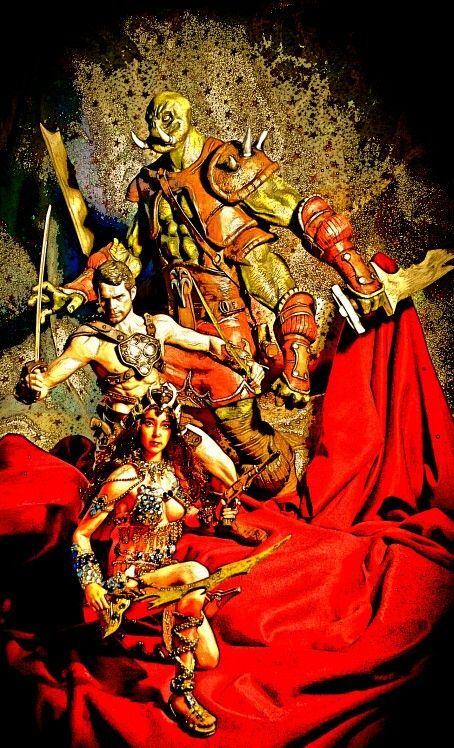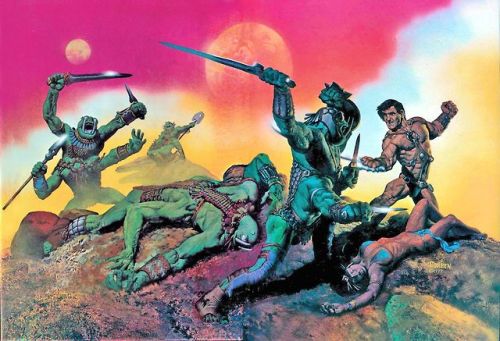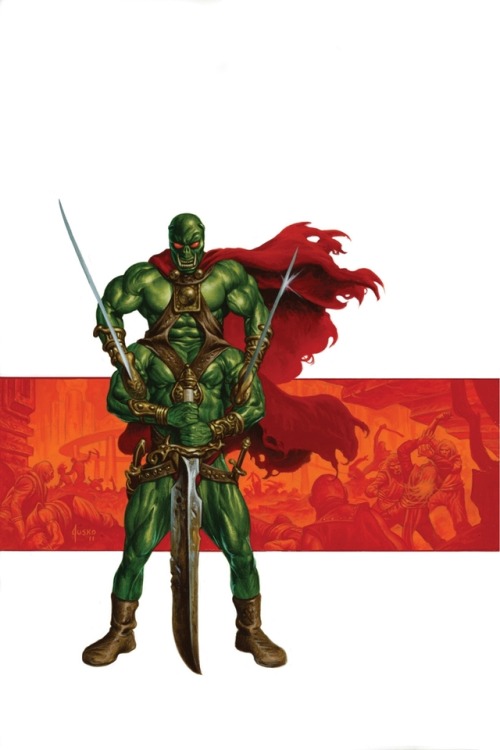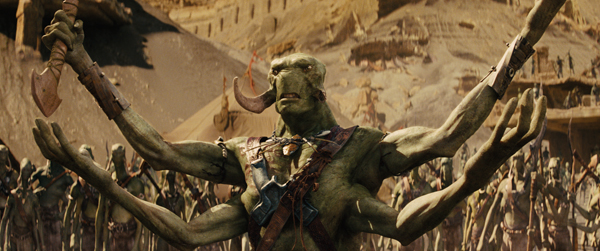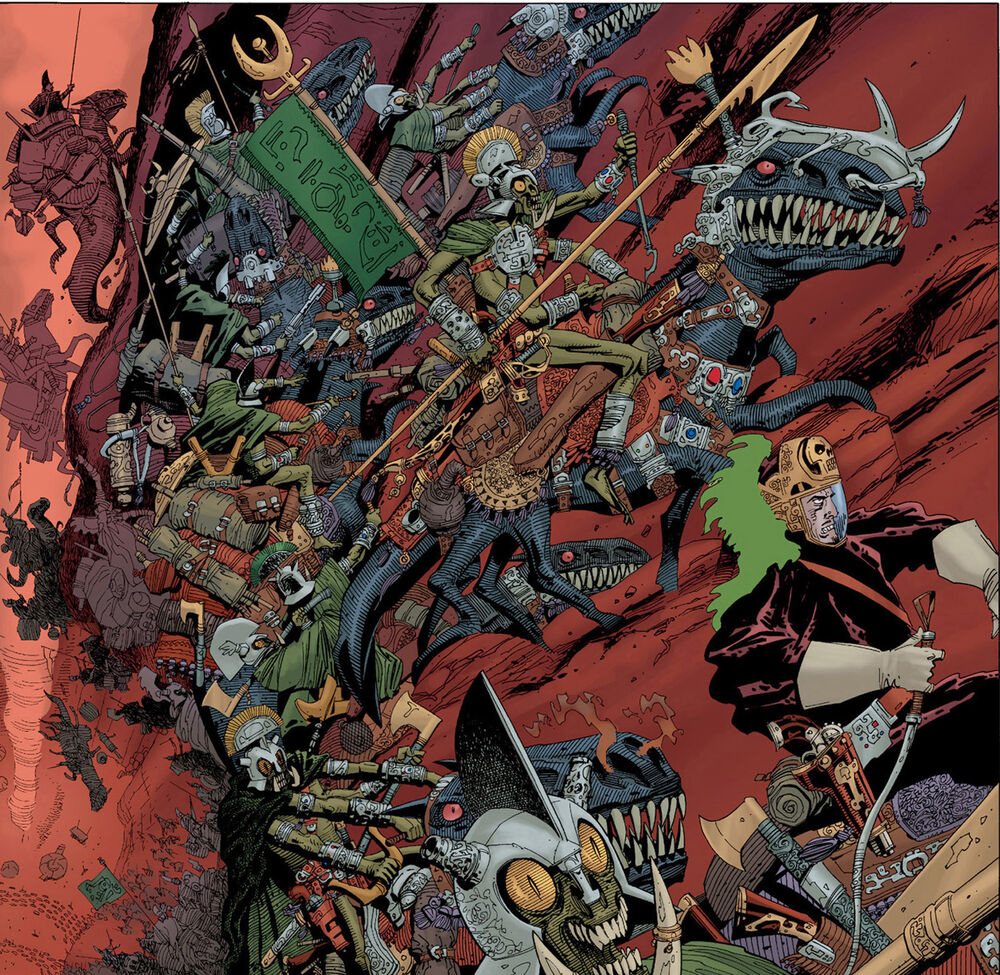OR, A Primer for the Primer
NB - the below is all untested. It is trying to provide a suitable framework to make the Primer usable, but the Primer rather than the system presented came first.
There are really two ways to set a game in Punth. To have players create characters from outside Punth (or they could be Ka-Punth) and have them go in, or to have them create Punthite characters.
Punth was originally conceived as part of a larger world (see Ch. 7) - the Terrae Vertebrae of this blog. Other than in that Chapter and a few scattered other references, I have tried to make Punth able to be slotted into another fantastical setting. The Babel-myth elements and Near or Middle Eastern basis makes it perhaps an odd fit if you were to slap it down right next to, say, fantasy equivalents of Vietnam or the Tlingit lands - both in terms of culture and environment. However, I would contend that the meat of Punth is in the Codes and the position of the Qryth: the specifically Babel-like elements could be reduced, reformed or repositioned, as could the Near Eastern portions.
The question will be, how much of the Primer do you issue to players?
If they create Punthite characters, the only in-character conversation they should do should be in the Codes. Ch. 5 and Ch. 6 are deliberately linked to the Character creation process of The 52 Pages (and probably aren't that far distant from other systems). Ch. 8 will be needed at this point also. Parts of these could be issued to players at creation. Ch. 9 is most useful for play, and will likely come up as you go along. Ch. 1's foundation story and creed and Ch. 2 act as introductions to Punth as the Codes would describe it. These could be introduced into play early, in a 'We will all rise and recite the Oath of Allegiance' sort of affair.
Here's the contents of the Primer, with a schedule of how you could issue it to players playing Punthites.
Ch. 1 - Foundation & Creed - Soon in the Game
Ch. 2 - Entrance into Punth & Marriage - When desired
Ch. 3 - Punthite Justice - When desired
Ch. 4 - Trade in Punth - Soon in the Game
Ch. 5 - Arms and the Qryth - Character Creation
Ch. 6 - Occupations in Punth - Character Creation
Ch. 7 - Religion and Foreign Affairs - When desired
Ch. 8 - Names - Character Creation
Ch. 9 - Conditions - Character Creation
Ch. 10 - Goals - When desired
[If you go to, say, Ch. 5, you will spot the table of military encounters at the bottom. This is as much inspirational as mechanical, but is more for the GM's use. Chapters of the Primer as referred to for player use above probably don't need to include these, and I shall probably produce a document where these materials are separated.]
Introducing Characters from outside Punth into Punth probably starts with the introductory hooks at the beginning of some of these blog posts:
The land of the unbelievers, the fallen. A great desert, with who knows what lurking beyond. Where ten crusades have faltered. The Land of Punth.
South of the great mountains, south of the border provinces of the Empire lies Punth. The tribes of the deep desert co-exist with the Ziggurat-Cities along the river, all under the eye of their alien lords.
Who are these strange folk? From where did they come?
Having thus whetted the appetite, the possibility of entering Punth can take place. Characters could enter tutored or untutored. The Codes are (for convenience) meant to be in a regional 'Common', if with a few variations in terms of dialect. Therefore, even the Untutored can read and speak the Codes once they see or hear them. Characters can communicate in Common (or other mutual languages) and not be understood by those who only use the Codes.
Tutored here doesn't necessarily mean anything academic: it could be a sailor who knew Punth, or a merchant who trades there, or a diplomat or intelligencer briefing you on how to blend in. Ch. 7 (adapted if necessary) is presumably a must. Other than that, access to a Chapter will depend on the tutor - it is unlikely that a merchant will be able to teach you all (if any) of Ch. 5.
Untutored, of course, could imply any number of things: an unprepared expedition, a misfiring teleport spell, a pressgang. What it does mean is that the characters have little knowledge of Punth and none of the Codes.
Tutored or Untutored, there is still a schedule at which the Chapters of the Primer should reach players:
Ch. 1 - Foundation & Creed - Soon in the Game
Ch. 2 - Entrance into Punth & Marriage - On entrance
Ch. 3 - Punthite Justice - When desired
Ch. 4 - Trade in Punth - Soon in the Game
Ch. 5 - Arms and the Qryth - When desired
Ch. 6 - Occupations in Punth - When desired
Ch. 7 - Religion and Foreign Affairs - On entrance
Ch. 8 - Names - Soon in the Game
Ch. 9 - Conditions - Soon in the Game
Ch. 10 - Goals - When desired
***
I would like to make clear that the Primer by no means is meant to declare the whole of the Codes - that would likely be a work at least the size of a thick novel. The Primer is meant to make play in Punth possible and to introduce the Codes to players. From this position, people at the tabletop can introduce new Codes; if the GM is doing so, then they may be slipped in however convenient. If players are doing so, a veto system would be appropriate ('I'm not sure that's quite how Code 7.36.79 goes...shall we check with the scribe?').
Obviously, no Code is meant to be specifically advantageous for any one group ('When Three Men, an Elf and Two Fauns enter the land, the time of the Sky Princes is over!'). Faking a Code would require an ignorant or young Punthite, as well as the Charisma-related ability (or magic) to effectively sell this new 'Code'. This would not last long in one of Punth's cities!
The following list of questions is for GMs using the Primer to decide for themselves:
- How sincere are the Qryth in their role as leaders - do they live by the Codes themselves?
- Can (and do) the Qryth communicate by other means than by the Codes?
- How competent is the rule of the Qryth?
- What is the nature of the Ka-Punth's revolt against the Qryth?
- If the Qryth were to die off, would the state of Punth maintain itself in roughly the same fashion?
- If the Qryth were to be contacted by their home planet, would they be welcomed home? Or have they been so thoroughly culture-warped and gene-twisted that they would never wish to?
- What was the Sorcerer-King trying to accomplish?
- Can Punthites wield magic? Or must they rely on outsiders, willing or otherwise?
- Do the djinn have any genuine power, or are they only unquiet spirits?
- Do the djinn have any collective plan to regain their former power?
